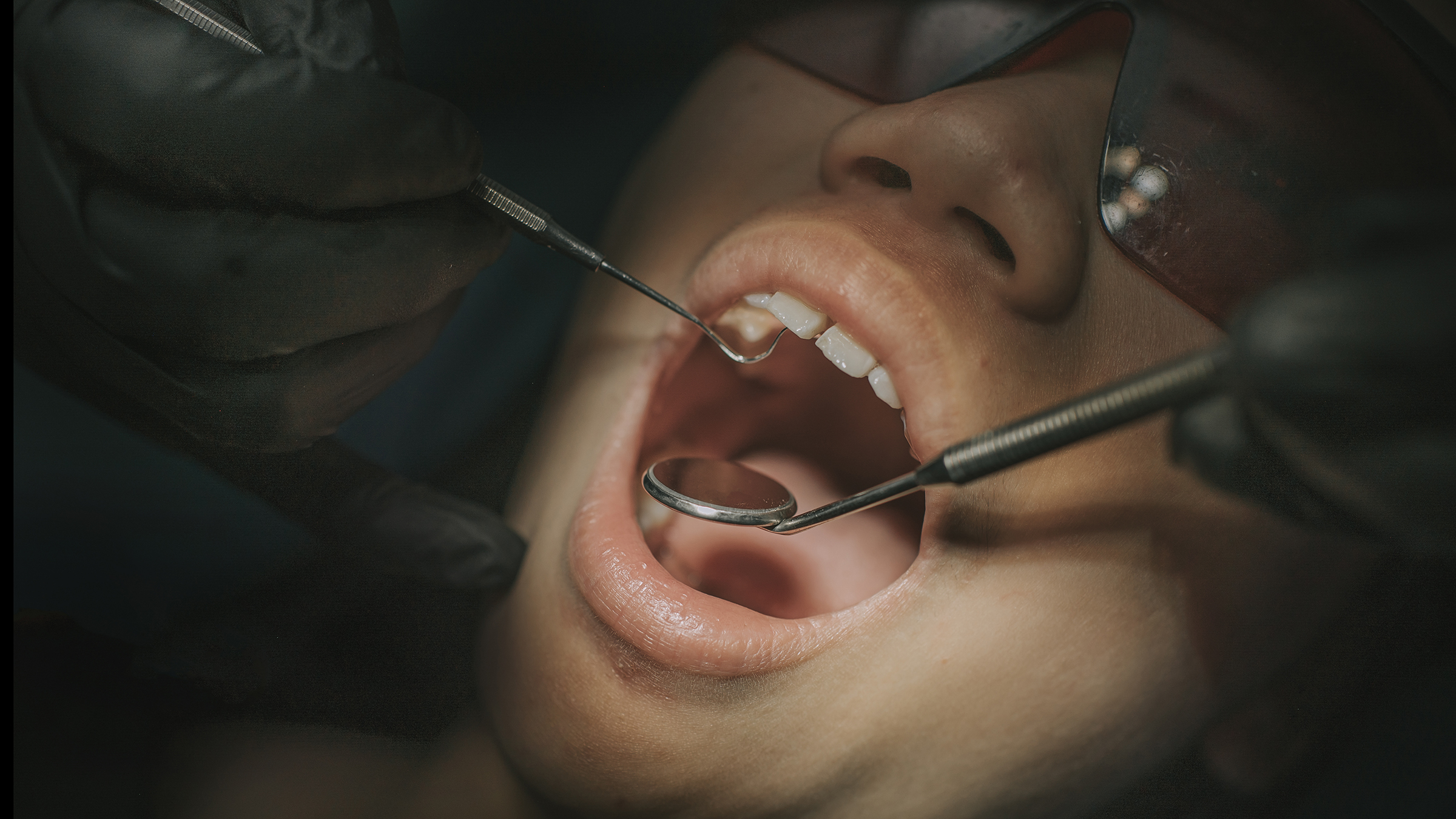
What Are the Long-Term Costs of Maintaining Teeth Implants?
Dental implants are a long-lasting solution for missing teeth, offering both functional and aesthetic benefits. However, beyond the initial procedure, maintaining teeth implants involves ongoing costs and care. Understanding these long-term expenses is essential to make an informed decision about dental implants.
Initial Costs vs. Long-Term Maintenance
The Initial Cost of Teeth Implants
The upfront cost of teeth implants typically includes the surgical placement of the implant, the abutment, and the crown. This cost varies depending on factors such as the type of implant, the need for additional procedures like bone grafting, and the location of the clinic. While this initial investment may seem high, implants are designed to last decades, making them a cost-effective choice over time.
Maintenance Costs Over Time
Though dental implants do not decay like natural teeth, they require proper care to ensure their longevity. Routine dental visits, professional cleanings, and occasional repairs or replacements of crowns are part of the ongoing costs. These expenses are generally lower than the cost of replacing dentures or bridges over the same period, but they should be factored into your long-term budget.
Routine Dental Care for Implants
Regular Dental Check-Ups
Dental implants need regular professional monitoring to check for issues like peri-implantitis (inflammation around the implant) or loosening of the abutment. Most dentists recommend check-ups every six months, similar to natural teeth.
During these visits, your dentist will clean the implant area, assess your oral hygiene, and ensure the implant and surrounding gums remain healthy. While the cost of routine check-ups varies, it is generally an affordable and necessary part of maintaining implants.
Cleaning Products and Techniques
Specialized cleaning tools, such as interdental brushes or water flossers, are often recommended to clean around the implant effectively. While these products add to the overall maintenance cost, they help prevent complications that could lead to costly repairs.
Potential Repairs or Replacements
Crown Replacement
Although the titanium implant itself can last a lifetime, the crown—the visible part of the implant—typically lasts 10 to 15 years. Over time, crowns may wear down due to chewing forces or accidental damage. Replacing a crown can cost a few hundred to a few thousand dollars, depending on the material and complexity of the procedure.
Addressing Gum and Bone Health
Gum disease or bone loss can compromise the stability of dental implants. Maintaining excellent oral hygiene and attending regular dental visits minimizes these risks. However, if complications arise, procedures such as bone grafting or gum treatments may be needed, adding to the long-term cost.
Comparing Implants to Other Dental Solutions
Long-Term Value of Implants
While the cost of teeth implants may seem higher initially, they often prove more economical than alternatives like dentures or bridges in the long run. Dentures and bridges typically need replacement every 5 to 10 years, whereas implants can last decades with proper care.
Moreover, implants prevent bone loss in the jaw, which can save on additional restorative treatments that may be necessary with other solutions.
Insurance and Payment Plans
In some cases, insurance plans may cover part of the cost of dental implant maintenance. Additionally, many clinics offer financing options to make long-term care more affordable. Discussing these options with your dentist can help manage expenses over time.

Preventing Costly Complications
Adopting Healthy Habits
Lifestyle choices, such as quitting smoking and maintaining a balanced diet, significantly affect the longevity of dental implants. Smoking, for example, can lead to implant failure by impairing gum health and reducing blood flow to the area.
Regular brushing, flossing, and using antibacterial mouthwash are simple yet effective ways to prevent gum disease and other complications.
Monitoring for Early Signs of Problems
Paying attention to early signs of trouble, such as gum inflammation or slight mobility of the implant, can prevent larger issues and save money in the long run. Addressing these issues promptly with your dentist reduces the risk of expensive corrective procedures.
Are Dental Implants Worth the Investment?
For many, the long-term cost of teeth implants is justified by their durability, functionality, and natural appearance. Implants not only restore confidence and chewing ability but also preserve jawbone health, which is crucial for overall oral wellness.
When considering dental implants, it’s essential to weigh both the upfront costs and the ongoing expenses. With proper care and regular dental visits, implants can offer a lasting solution with fewer replacements and complications than other tooth-replacement options.
Conclusion
Maintaining dental implants involves some ongoing expenses, but these costs are typically lower than the cumulative expenses associated with other tooth-replacement methods. From regular check-ups to potential crown replacements, understanding the long-term costs ensures you can budget effectively and maximize the lifespan of your implants.
The cost of teeth implants may seem significant at first, but their durability and long-term value make them a worthwhile investment for most patients. By prioritizing care and addressing issues early, you can enjoy the benefits of dental implants for decades.


